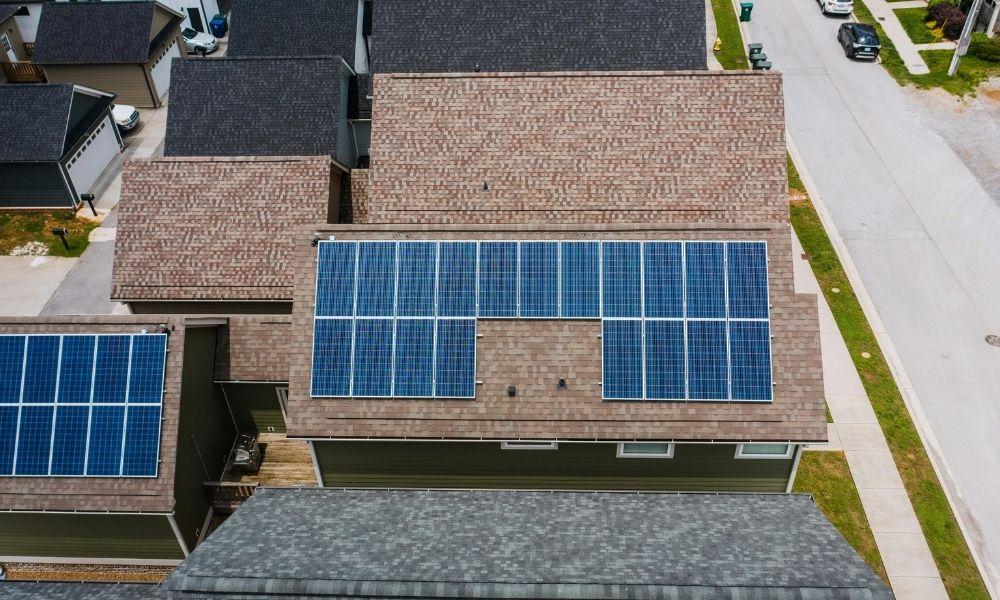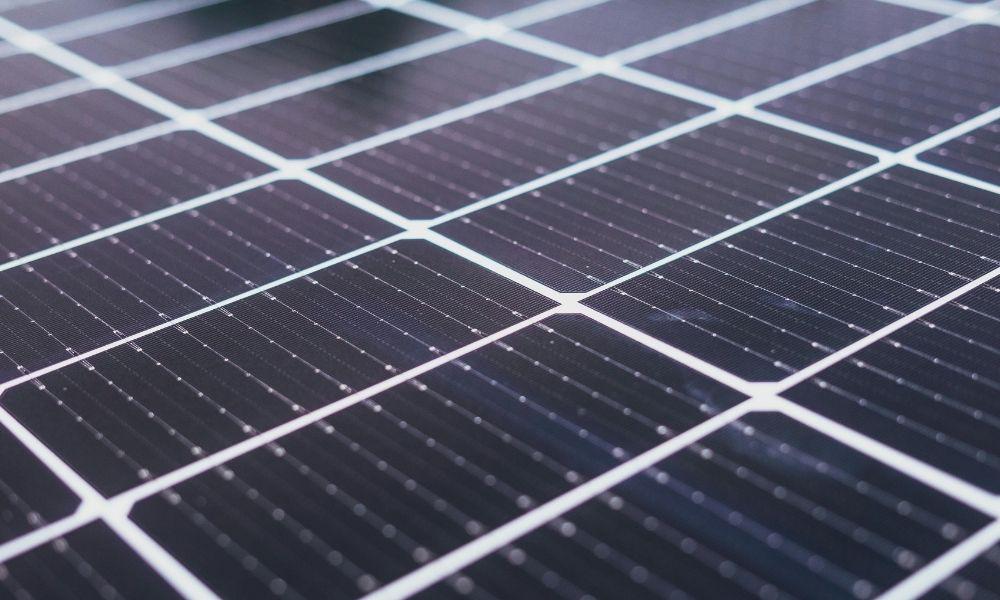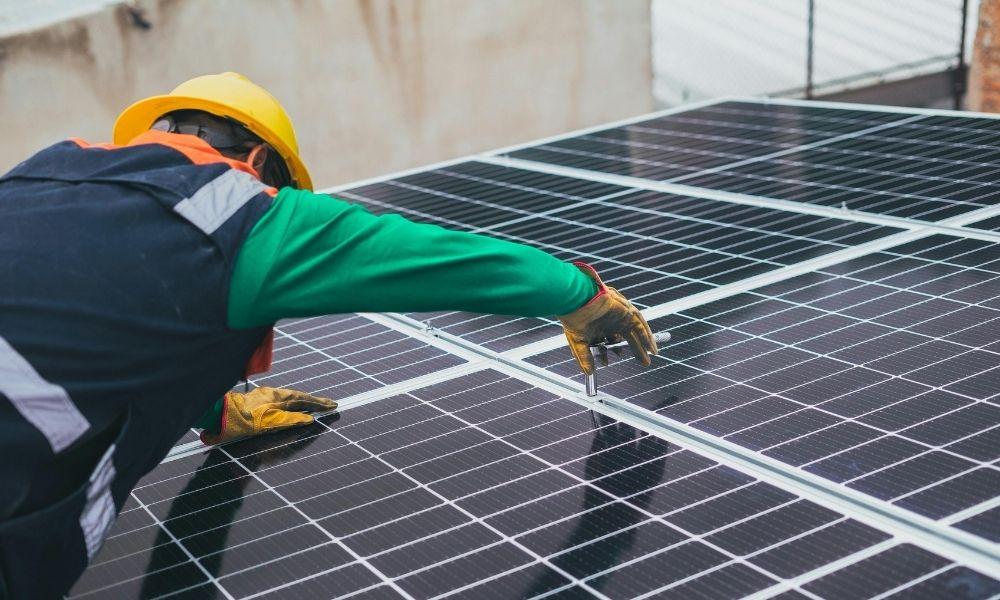Does solar power generation pose health risks?
Is electromagnetic radiation harmful to humans?
Solar systems themselves do not generate radiation, but during the process of converting solar energy into electricity, they emit weak electromagnetic radiation.
The tiny electromagnetic radiation produced by solar panels is much lower than that from household appliances like TVs and refrigerators, which do not pose health risks.

Additionally, at a distance from the normal installation position of solar panels (like rooftop installations), the radiation intensity is far below the safety limits set by ICNIRP. So solar power generation is safe for humans.
Are solar panels toxic?
Solar panels are made from a variety of materials, including silicon (used in most solar cells), aluminum (for the frame), and small amounts of other metals such as cadmium and lead. These materials are safely encapsulated to minimize the risk of exposure under normal operating conditions.

If solar panels are damaged or age, there is a risk of chemical exposure. If the protective layer is compromised, it may release hazardous substances like lead or cadmium. Choosing a reputable and experienced solar company can significantly reduce such risks. Avoid in advance through professional design of panel mounting position, spacing, and ensuring regular maintenance.
Do solar panels cause cancer?
Extensive research conducted by reputable organizations such as the WHO and the NIH has not found reliable evidence of a link between solar panels and cancer.
Moreover, solar panels do not emit any chemicals or toxins and do not rely on the combustion of fossil fuels like coal and oil for operation. Generating electricity in solar cells by utilizing sunlight means they don't cause any damage to DNA or body cells, thus leading to cancer or other health problems.
Is solar power generation safe?
Solar power is a clean, renewable form of energy that has significant safety advantages. Solar systems do not involve hazards such as nuclear reactions or high temperature and pressure, therefore a high level of safety.

Additionally, the installation of the solar panel systems has minimal impact on the surrounding area. As an energy source with no carbon emissions and few moving parts, solar energy is more beneficial for human health compared to fossil fuels like coal and natural gas.
Health benefits of solar power generation
Solar power not only does not cause health problems but also reduces health risks associated with traditional energy sources, such as pollution from toxic chemicals like sulfur dioxide, nitrogen oxides, particulate matter, carbon dioxide, mercury, and other harmful air pollutants. These pollutants can lead to asthma, cancer, and other respiratory diseases.
Research has shown that climate change is closely related to increased health risks. Using solar power to generate electricity can significantly reduce greenhouse gas emissions, slow the rate of climate change, and reduce the chances of human pathology.
The U.S. Department of Energy states that climate change also impacts mental health and increases violent crime. Households and communities that utilize solar power often feel more environmentally friendly and sustainable, enhancing their awareness of environmental protection. This positive state of mind contributes to a greater sense of well-being and a reduction in mental illness.
In summary, solar power generation is a safe and environmentally friendly energy choice that poses minimal health hazards. On the contrary, reducing the use of traditional energy sources and improving air quality plays a positive role in public health.